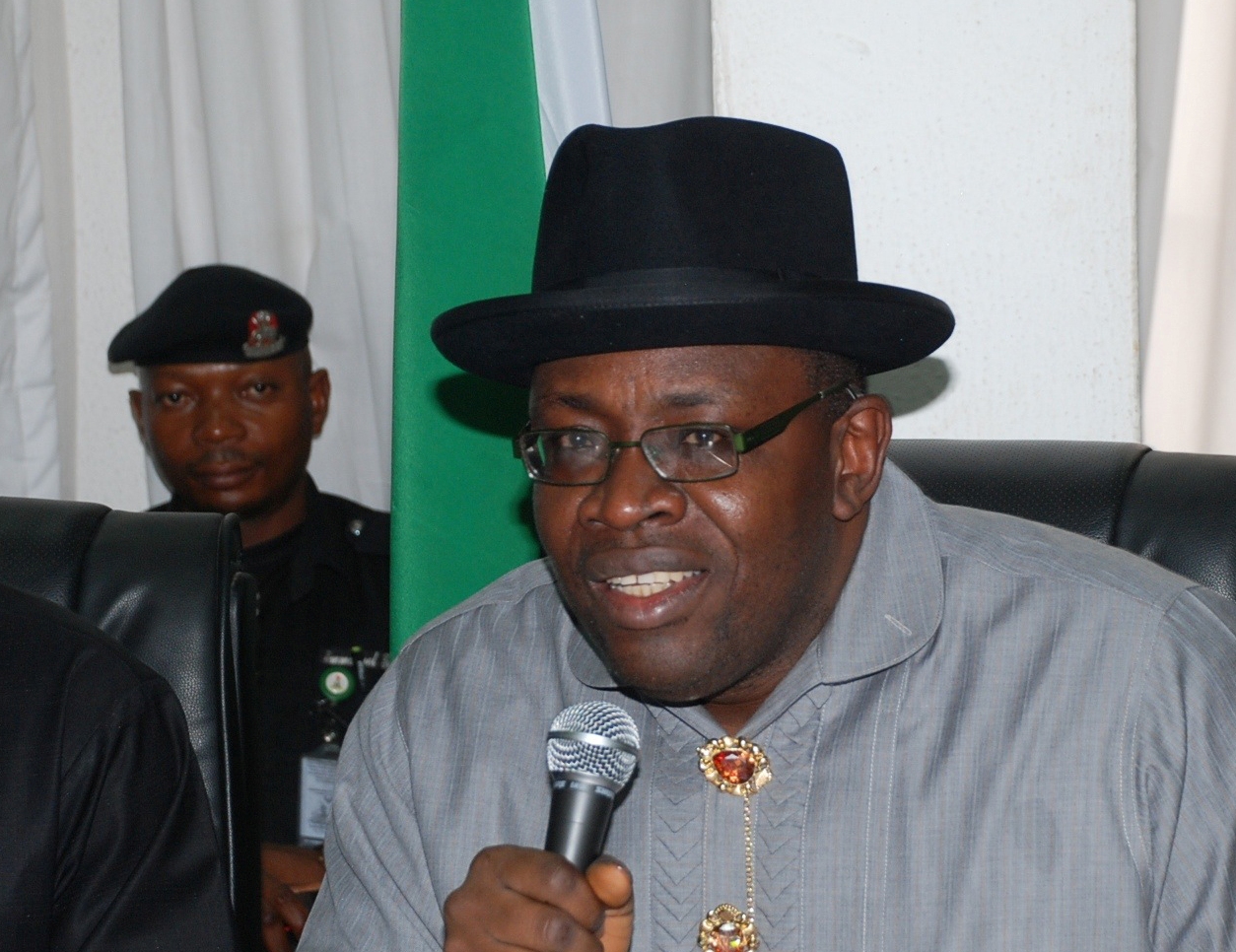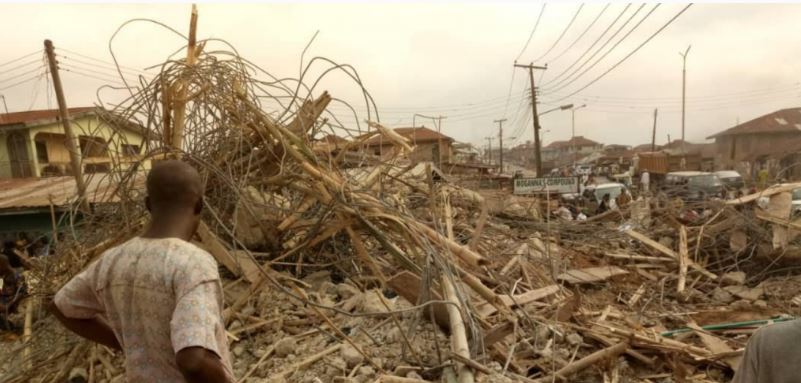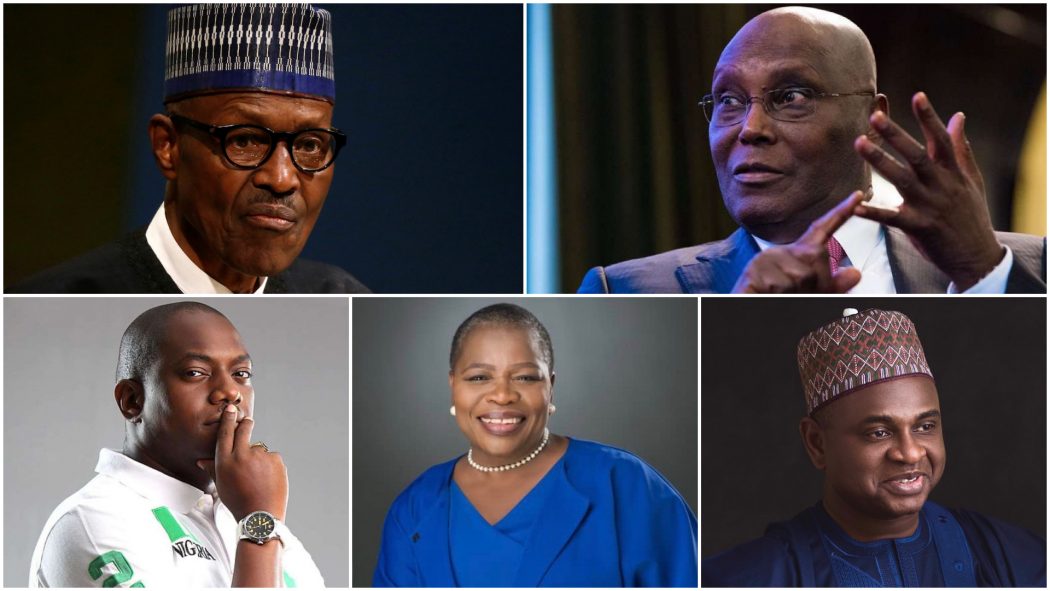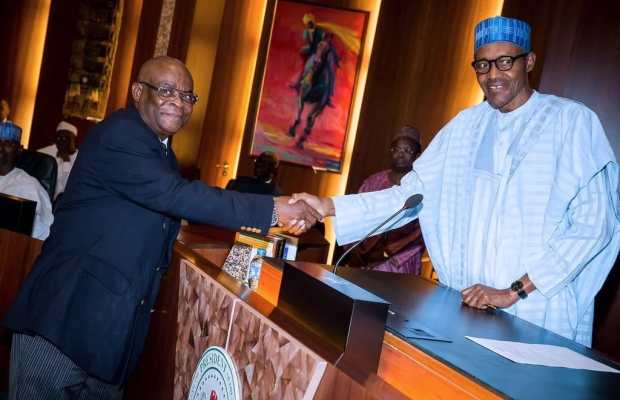The Socio-Economic Rights and Accountability Project (SERAP) has urged the National Judicial Council (NJC) “to immediately take over from the Code of Conduct Tribunal the case of Chief Justice of Nigeria, Justice Walter Onnoghen with a view to setting up a committee to investigate the allegations of breach of constitutional asset declaration requirements against him.”
TheNewsGuru (TNG) reports this is contained in an open petition to the Next-In-Rank to the Chairman of the NJC, which was also copied to Mr. Diego García-Sayán, UN Special Rapporteur on the independence of judges and lawyers.
SERAP, in the petition dated 26 January 2019 and signed by its senior legal adviser Bamisope Adeyanju, also urged the NJC to “ask Justice Onnoghen to step aside from his role as Chief Justice pending the outcome of your investigation into the allegations against him. Also, if following your investigation, the allegations against Justice Onnoghen is established, the NJC should refer the case to appropriate anti-corruption bodies for prosecution. Similarly, Justice Ibrahim Tanko Muhammed should recuse himself from the process, as the Acting Chief Justice of Nigeria.”
The organization asked the NJC to: “consider the issue of appointment of Justice Muhammed with a view to ensuring strict compliance with constitutional provisions. The NJC should take the recommended action within 5 days of the receipt and/or publication of this letter, failing which SERAP will take appropriate legal action to compel the NJC to take action on the case.”
The organisation said: “The urgent intervention by the NJC would remove the allegations against Justice Onnoghen from the vicissitudes of political controversy, and a clear and present danger to the independence and authority of the judiciary. It would also help to reverse the country’s increasing movement toward anarchy or despotism.”
According to the organization, “It is in time like this that the NJC must be most vigilant and alive to its constitutional duties, if it is not to permit a diminution of our treasured constitutional rights.”
The petition reads in part: “Neither knee-jerk reactions by politicians nor abuse of the legal and judicial process by the government and some senior lawyers would be acceptable to break the constitutional logjam. The NJC ought to be concerned with the gravity of allegations against Justice Onnoghen.
“This matter has inevitably thrown our country into a judicial-cum-constitutional crisis, which if not urgently addressed would lead to political crisis that would seriously put at risk Nigeria’s fledgling democracy, consequently exacerbating the declining respect for human rights at all levels of government.
“The NJC should not and cannot stand-by while the authority and independence of the judiciary is diminished to the point at which the citizens lose confidence and trust in its ability to render justice to those need.
“SERAP is concerned that the politicization of our judiciary poses the greatest threat to the independence of the judiciary, to Nigeria’s fledgling democracy and would if not urgently addressed lead to denial of access to justice to the most marginalized and vulnerable section of the population.
“The politicisation of the judiciary by politicians would endanger Nigerians’ fundamental human rights and the country’s international human rights obligations, and consequently, the fundamental principles of our constitutional democracy.
“It is the responsibility of the NJC to ensure the preservation of our constitutional values and to prevent the politicisation of the judiciary and politicians from running roughshod over sacred judicial functions, and consequently, the rights of citizens.
“Nigerians deserve a judiciary capable of serving as essential bulwark of constitutional government, a constant guardian of the rule of law, and owing fidelity to no person or party. Unless the NJC acts as requested, the mandates, ability and authority of the judiciary to act as a check on the political branches of government and to protect citizens’ human rights would be drastically curtailed.
“The allegation that Justice Onnoghen failed to declare his assets as required by the Nigerian Constitution of 1999 (as amended) and the arbitrary response by the Federal Government have thrown our judiciary into a crisis, with politicians seemingly taking full advantage of the crisis, resulting in the politicization of the judiciary.
“Many politicians have failed to consider the matter through a constitutional lens and have in fact made statements that may be considered prejudicial to the cause of justice, the interests of the judiciary and Nigeria.
“As the Senate prepares to sit to discuss the matter, the situation is likely to be even more politicised, especially at the time of election when politicians jostle for position, power, and relevance. Any intervention by the Senate is likely to be politically motivated and would not satisfactorily break the logjam.
“Many Nigerians would see the suspension of Justice Onnoghen as outright intimidation of the judiciary in the hope of making it more deferential to certain politicians, as judges prepare to hear flood of election petitions that are expected to follow the general elections in February and March 2019.
“Suspending the Chief Justice of Nigeria by an exparte order obtained via an apparently flawed legal and judicial process is an absurdity too gross to be allowed to stand. It suggests the constitution is no longer the supreme law of the land.
“Furthermore, SERAP is concerned that the allegations of violation of asset declaration provisions by Justice Onnoghen have created a palpable and rising distrust of the judiciary by the citizens, a distrust that may be exacerbated by the politicization of the judiciary by politicians across party lines.
“The allegations against Justice Onnoghen unless properly and constitutionally resolved would continue to undermine his ability to faithfully discharge and perform his judicial duties as Chief Justice. At a time of judicial-cum-constitutional crisis, the NJC should not and cannot abdicate its constitutional responsibilities to intervene in this matter.
“Judges have the responsibility to uphold the rule of law as an effective check on the political branches. But the judiciary cannot continue to play its traditional role as the guardian of the Constitution until the Justice Onnoghen’s matter is constitutionally and satisfactorily addressed.
“Following the allegations that Justice Onnoghen failed to disclose huge sums of money in foreign and local currencies in his asset declaration forms and documents submitted to the Code of Conduct Bureau (CCB), a petition was sent to the CCB on January 7, 2019, the case which was later filed before the Code of Conduct Tribunal.
“A catalogue of legal errors and flagrant abuse of the judicial and legal process by the government of President Muhammadu Buhari and some lawyers culminated in the purported order on the suspension of Justice Onnoghen as Chief Justice of Nigeria and the supposed appointment of Justice Ibrahim Tanko Muhammed as the Acting Chief Justice of Nigeria by President Buhari.”



